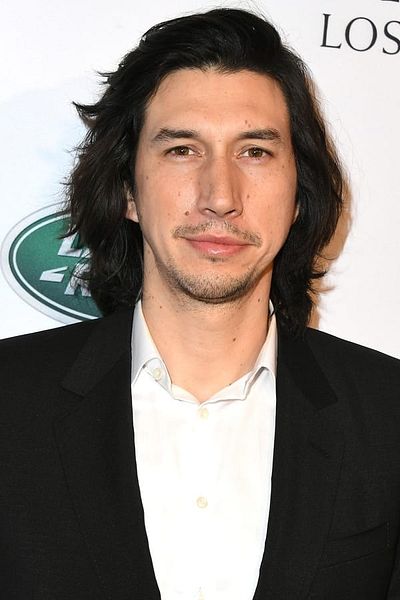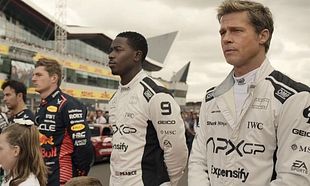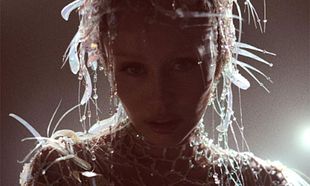Two brothers (Channing Tatum and Adam Driver) attempt to pull off a heist during a NASCAR race in North Carolina with the help of their sister (Riley Keough), a demolitions expert (Daniel Craig) and his two brothers (Jack Quad, Brian Gleeson).
Steven Soderbergh took off with Ocean's Eleven, the slick, sharply-made heist caper comedy that kickstarted George Clooney's film career. Aside from the two so-so sequels, Soderbergh's choice of work between then has chicaned wildly through genres; you had the Hitchcockian thriller Side Effects, the bawdy comedy-drama Magic Mike, and his work on television with the likes of Behind The Candelabra and The Knick. While he may have circled back to some of these genres once or twice, one thing that Soderbergh can't be accused of is covering the same ground repeatedly. That's why Logan Lucky is so interesting because, when you boil it right down, it's essentially Ocean's Eleven for the southern states of the US and while that might play there, there's a fear it may not translate for audiences outside of that.
Thankfully, however, it's the cast that draws everyone in and this is where so much of Logan Lucky's strength is derived from. What Soderbergh has always done so well is create characters that you may not necessarily connect with, but you actively root for. The film introduces Channing Tatum and Adam Driver as two down-on-their-luck brothers, Clyde and Jimmy Logan. One of them (Driver) is an Army veteran with a hand missing who works in a bar, the other's a digger driver (Tatum) who's fired from his job on account of a "pre-existing condition", which sets the plan into motion.
From there, they bring in Daniel Craig's "in-car-cer-a-ted" demolitions expert, Joe Bang, and his two hapless brothers, played by Malahide's own Brian Gleeson and Jack Quaid, son of Dennis Quaid and Meg Ryan. What the film does so efficiently is tell us everything we need to know about these characters to understand them, and then switches up what we think of the character. For example, Craig's character looks and sounds like a brute, but in one hilarious scene, he explains the science behind his thinking for an explosive.While the film doesn't necessarily have a antagonist as such, there are a couple of characters who fill out the role as needed - Dwight Yoakam plays a hapless prison warden, whilst Seth MacFarlane and Sebastian Stan play a hilarious double-act with MacFarlane as an egotistical racing team owner and Stan as his pompous driver.
One of the complaints about Ocean's Eleven was that it felt contrived and unrealistic; what with its quip-ready robbers in perfectly-tailored suits. Logan Lucky is the same premise on paper, except the characters don't dress in Brioni suits and they're not quick with a one-liner - but they're every bit as smart and cunning and have even less tricks and technology to work with. There's a shabbiness to it and this, in turn, makes it all the more enjoyable and entertaining because you want to see them win out. The script, by first-timer Rebecca Blunt (that is, if you believe Soderbergh's claims that she's a real person and not a pseudonym as many are claiming), has a warmth and heart to it that comes out in every scene, and keeps the film in such high spirits.There's a real sense of fun to Logan Lucky, something that's been missing from Soderbergh's work since Magic Mike or The Informant!, and it's clear that Soderbergh is enjoying himself immensely with all of this. While it may not have the same sheen and glamour of his other work, it's almost as if Soderbergh appreciates this. Moreover, he's not talking down to it either.
If there's a fault to be found in Logan Lucky, it's in the final act of the film and the introduction of two FBI agents, played strangely by Oscar-winner Hilary Swank and indie darling Macon Blair. There's a sense that there may have been a different ending written or conceived, and that it was cobbled together quickly on the set to help move the story toward a conclusion. While it doesn't have the same poise and precision as the previous ninety-odd minutes, it still works well in context and doesn't squander any of the goodwill built up so far.




















































































